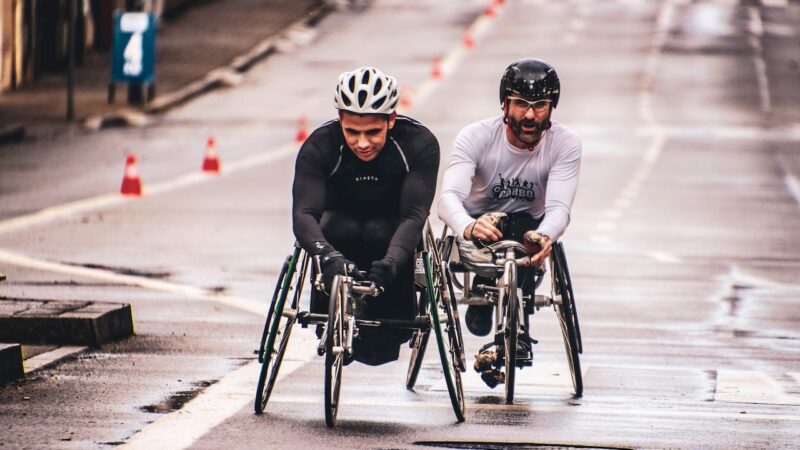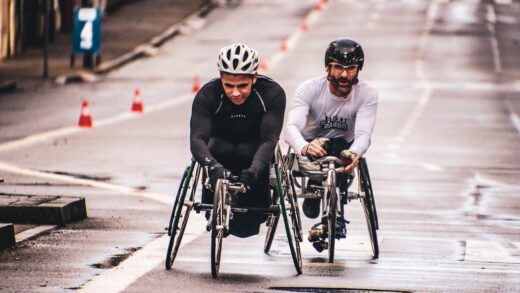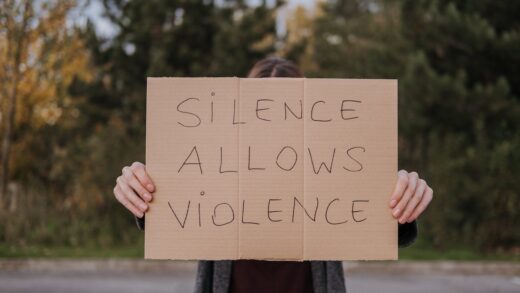Disability Rights

Across the world, more than one billion people – or 15% of the world’s
population – live with disabilities. They face significant barriers to
realizing their human rights, including discrimination in education,
employment, housing and transport; denial of the right to vote; and being
stripped of the right to make decisions about their own lives, including
their reproductive choices. Individuals with physical, sensory, intellectual
and mental disabilities often face increased violence, yet they remain
invisible in their communities. Governments fail to protect their rights,
and make access to redress difficult.
Over the past few years, Human Rights Watch has become a pioneer in
mainstreaming disability rights within the broader human rights agenda,
and is seen by disability rights experts and disability rights organizations
as an important partner in global advocacy efforts. In more than 25
countries, our work has addressed a broad range of issues such as
violence against women and children with disabilities, access to education
and health care, institutionalization, legal capacity, political participation
and the impact of armed conflict.
Through our global advocacy, we have pressed for broader ratification
and implementation of the groundbreaking Convention on the Rights
of Persons with Disabilities and stronger protections for people with
disabilities worldwide. Specifically, we have monitored legal reform
processes in a number of countries and incorporated disability rights
concerns in our advocacy on such issues as violence against children and
abusive treatment in health care.









